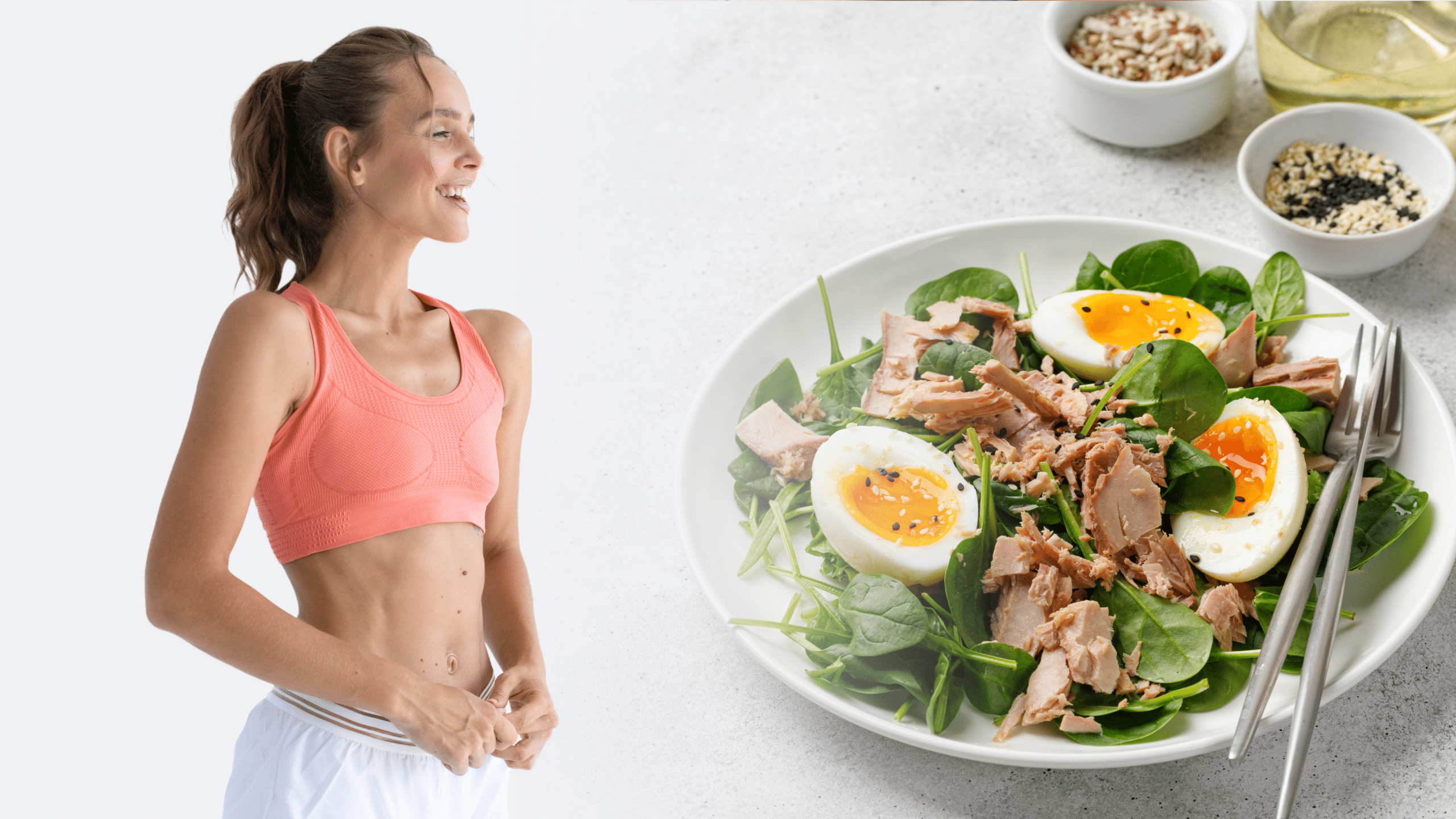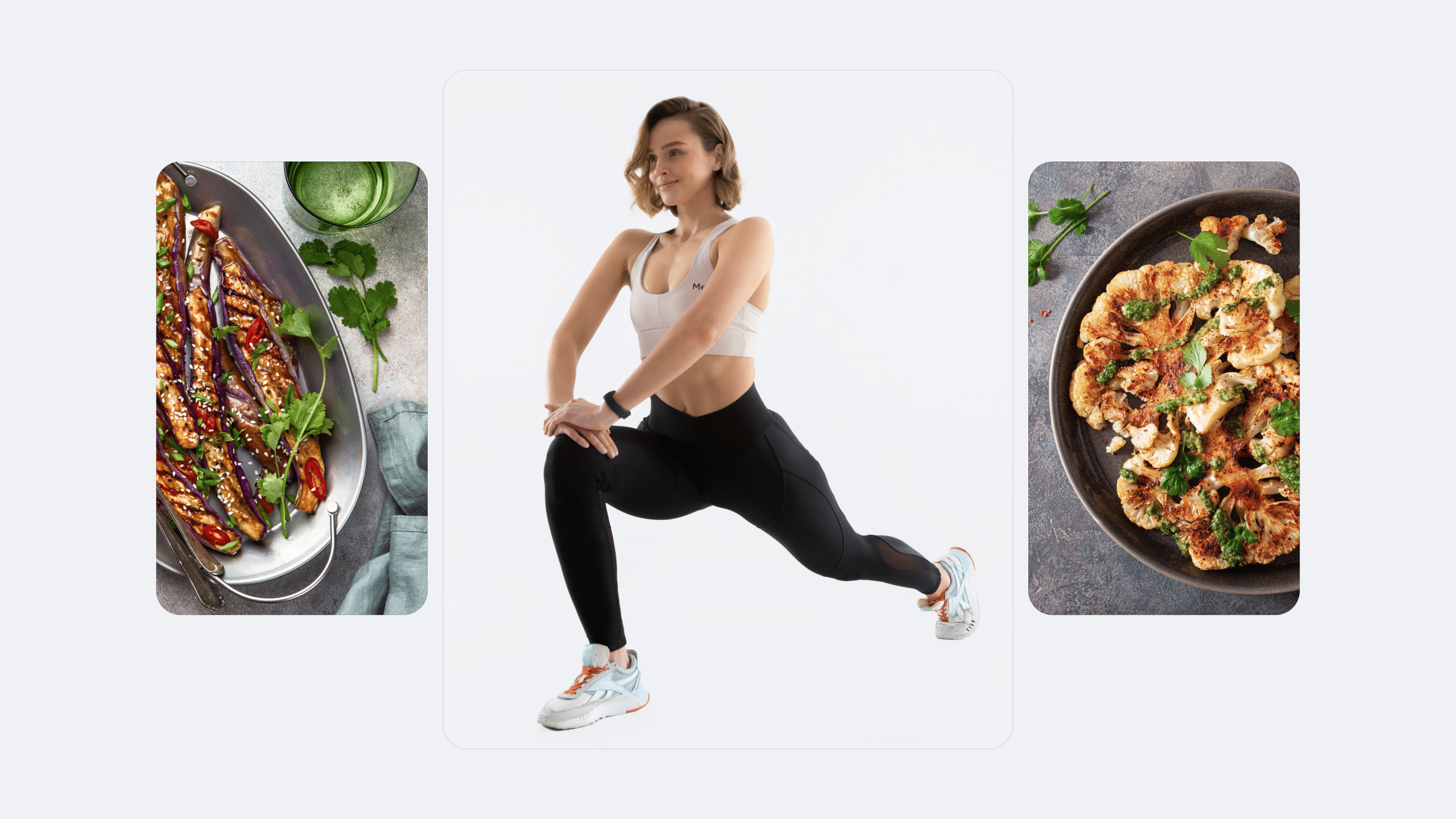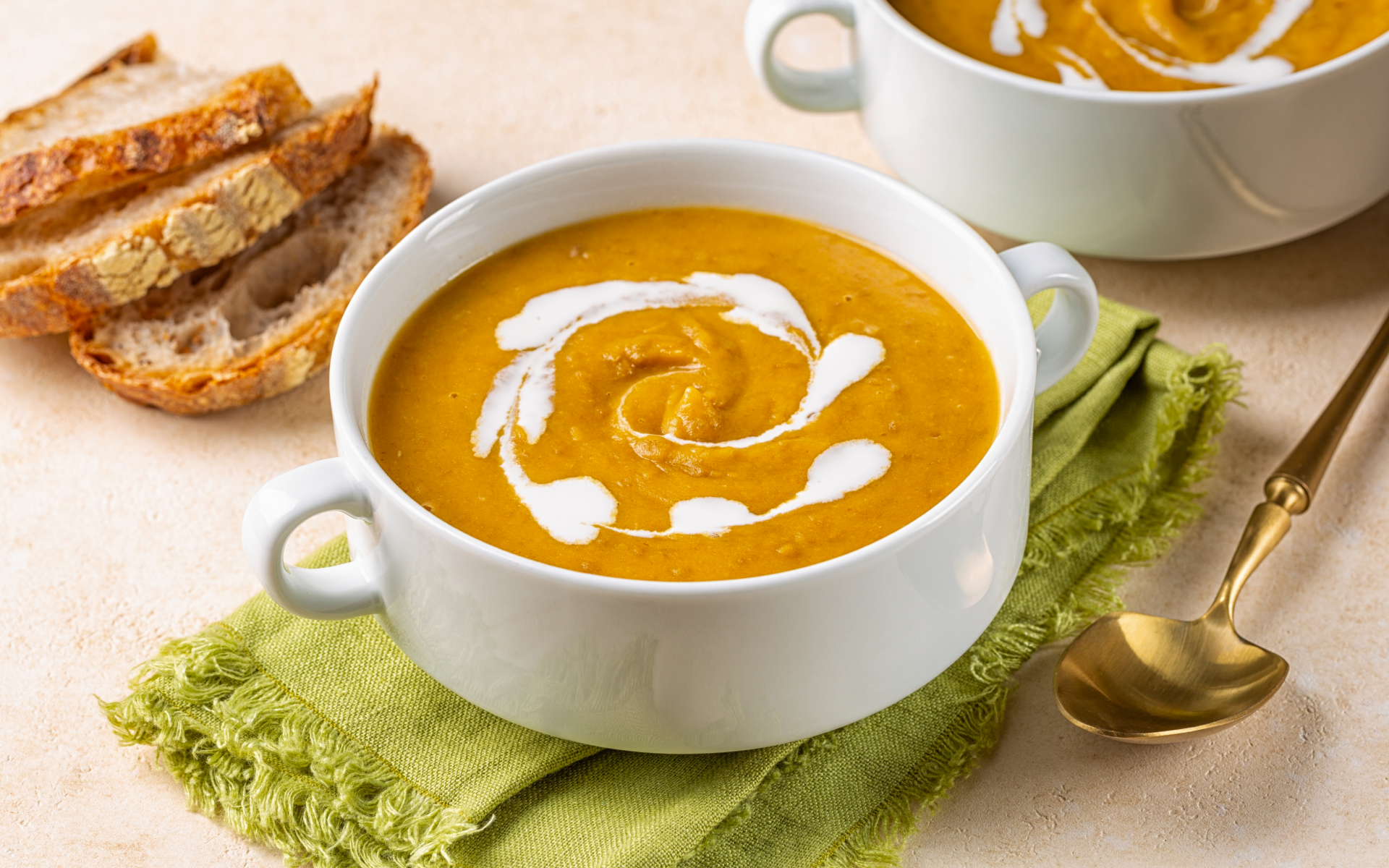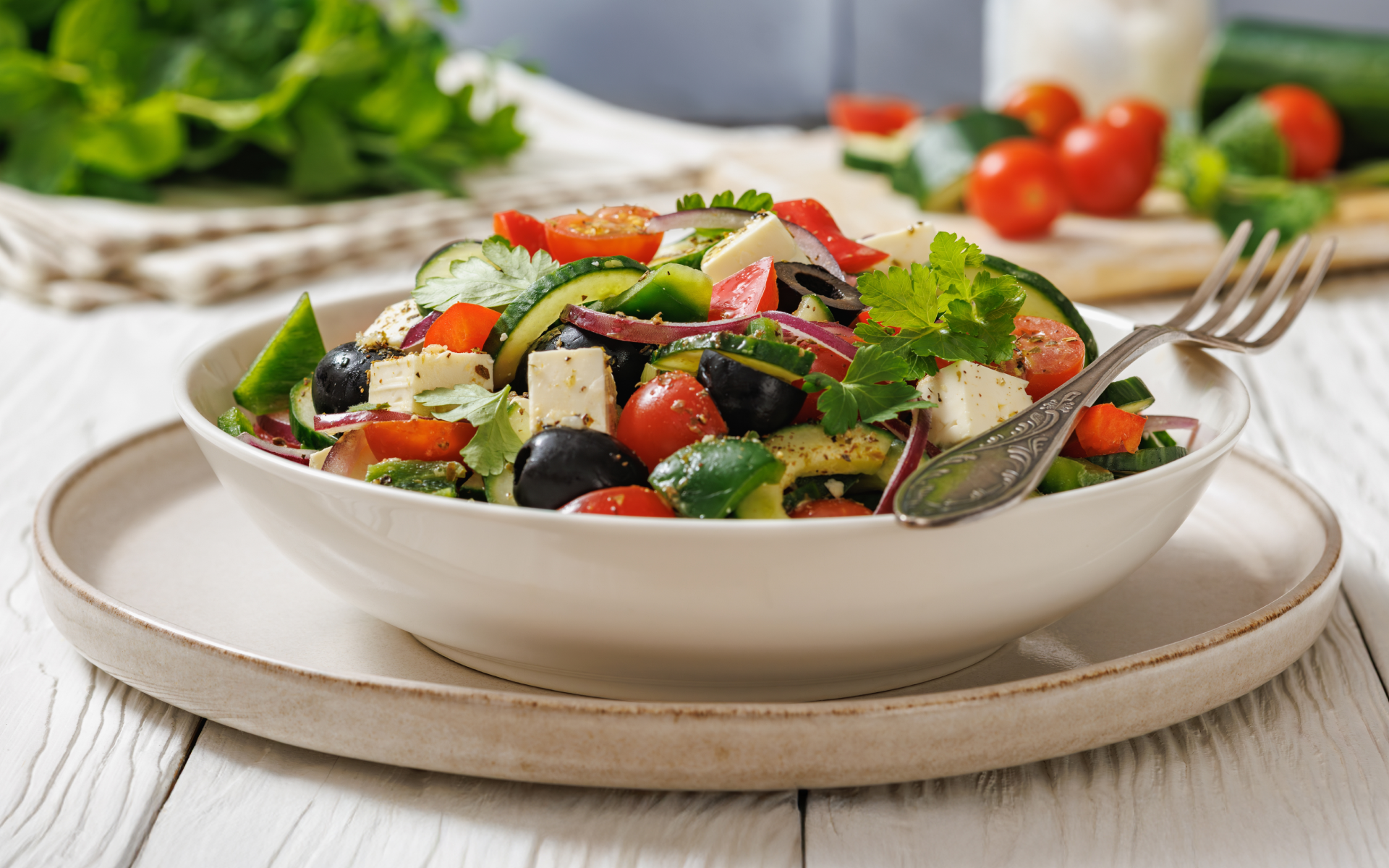A Promised Quick Fix
Have you ever searched the internet with the thought: “I want a weight loss meal plan to lose 5 pounds in a week”. If you have, then you may already know that it isn’t that easy to find a diet that provides you with such results in a healthy way. However, it’s not impossible, particularly if you’re trying to slim down before an event and aren’t planning on sticking to the diet for a long time. Of course, there are hundreds of diets that promise you even better results, such as 10 pounds in 10 days. Does that sound alluring? Then what about 10 pounds in 7 days? 10 pounds in 5 days? There’s even a meal plan that claims to help you lose 10 pounds in 4 days. If you’re not new to the dieting world, you’ll know that all these promises are empty and cannot be fulfilled healthily or at all. You should always prioritize your wellness and choose a weight loss diet based on how it will affect your health. Therefore, the best meal plans are those that will provide you with all the essential nutrients, reduce your intake of unhealthy components, and give you gradual and sustainable results. Such diets will improve your health and reduce the risk of various diseases. So, is “lose 5 pounds in a week meal plan” one of those diets? Read on to find out!
How Does a “Lose 5 Pounds in a Week Meal Plan” Work?
The main question you need to ask is: “Can you lose 5 pounds in 7 days?” To answer this question, let’s take a look at how exactly the fat burning process works.
Your body stores excess energy in the form of fat. When you’re dieting, you create a caloric deficit, which means that you consume fewer calories than your body needs to perform all your daily activities and maintain the functioning of your body. Because of the lack of calories from food, your body starts to use the energy from the deposited fat (16). This is how you burn more calories than you consume and lose weight (13, 4).
Weight Loss Pace
Another important aspect of the slimming process that you need to understand before you get down to dieting is the weight loss pace. A very slow weight loss pace will take a lot of time and may leave you with no motivation, but it is still better than a very rapid weight loss. The latter is reached with the help of very low-calorie diets that can create an extreme caloric deficit. Such diets should only be prescribed to people with severe cases of obesity by healthcare providers and followed under medical supervision (10, 11). If an average person creates a drastic caloric deficit, they place their health in jeopardy as rapid weight loss can lead to health issues such as nutrient deficiencies, gallstones, dehydration, electrolyte imbalances, headaches, irritability, dizziness, constipation, and muscle loss (7). This is why an optimal variant is gradual but safe and sustainable weight loss.
How Much Weight Can You Lose in a Week?
Now, back to the “lose 5 pounds in a week meal plan”. Can you lose 5 pounds in 7 days? Technically, yes, but the weight may not be only fat. 1 pound of fat contains approximately 3,500 calories (12, 8), so to lose 5 pounds of fat, you’ll theoretically need to burn 17,500 extra calories in a week, which equals 2,500 extra calories a day, and that is a problem for two reasons. Firstly, the diet of an average adult man consists of 2,500 calories, and an average adult woman’s diet is 2,000 calories a day (15). This means that in order to burn 2,500 calories a day, an average adult man would need to refrain from eating at all, and an average adult woman would have to starve all day while performing additional physical activity that would burn 500 more calories. This is not only difficult for those whose diet consists of 3,500 calories, it is also incredibly dangerous and probably impossible for those whose diet is less than 2,500 calories. Secondly, the recommended healthy and sustainable weight loss pace is 1-2 pounds (0.45-1 kg a week), which involves creating a deficit of 500-1,000 calories daily (17, 6). Therefore, creating a caloric deficit of 2,500 calories is not recommended by experts.
Yanking yourself back in shape has never been so easy with our game-changing fitness app! Start transforming your life with BetterMe!
A Healthy Diet to Lose 5 Pounds in a Week Meal Plan
As seen above, it is not the best idea to follow a diet to lose 5 pounds in a week meal plan if you want to achieve healthy and sustainable results. However, some people just want to know how they can lose weight as fast as possible. If you want to know what the best diet is for losing weight quickly, intermittent fasting may be an option.
The Concept of Intermittent Fasting
Intermittent fasting is not like other calorie-restricting diets. It’s a nutritional pattern that doesn’t necessarily limit what and how much you eat, rather than when you do it. The main rule of intermittent fasting is that you’re only allowed to consume food during so-called “eating windows”. But how is intermittent fasting related to the “lose 5 pounds in a week meal plan”? Although there are no limitations in terms of the types or amounts of food you can eat during eating windows, healthy eating patterns are encouraged. This will naturally create a caloric deficit, which should help you lose weight. You should also remember that the consumption of any food during the fasting period is strictly prohibited unless it is a type of intermittent fasting that allows such exceptions.
Speaking of various types of this nutritional pattern, there are many, and here are the most popular:
16:8 Fasting
16:8 fasting allows you to eat during an 8-hour eating window and requires you to fast for the remaining 16 hours a day. This type of fasting is quite popular and is often followed by people who are new to intermittent fasting. They usually choose an eating window from 9 a.m. to 5 p.m., 10 a.m. to 6 p.m., or noon to 8 p.m.
5:2 Fasting
A person who follows this type of intermittent fasting can eat what they usually eat for 5 days a week and fast for the other 2 days. During these 2 (non-consecutive) days, men are allowed to consume 600 calories, and women 500 calories, respectively. If you also moderately reduce your caloric intake during your eating window, you may see pretty impressive weight loss results.
Alternate Day Fasting
Alternate day fasting is a bit stricter type of intermittent fasting that can help you successfully shed a couple of pounds. It requires you to fast every other day. According to the rules of this type of fasting, you should follow your regular diet for a day and then fast or consume 25% of your energy needs the next day.
18:6 Intermittent Fasting
Rules of this type of fasting are similar to those of 16:8 intermittent fasting, but you’re allowed to eat during a 6-hour window and need to fast for the remaining 18 hours. During the eating window, you can eat two full meals and a snack. People who follow 18:6 intermittent fasting generally either skip breakfast and eat an early dinner or skip dinner and eat a late lunch.
14:10 Intermittent Fasting
This type of intermittent fasting is the best for beginners as its eating window lasts for 10 hours, which is pretty long. You can sleep through most of your fasting time and then eat your first meal at 7 a.m. and your dinner at 5 p.m., or your breakfast at 8-9 a.m. and your dinner at 6-7 p.m.
Read more: A Beginner Intermittent Fasting Meal Plan To Fit Your IF Journey
What to Eat oçn a Healthy Diet
Although you technically can eat whatever you want during your eating windows, if you want to achieve better results, you must stick to a healthy diet. This will not only help you reach your desired weight, it may also significantly improve your health. Here are the recommendations on what to eat on a healthy diet:
Proteins
Protein is essential for your body and is one of the most important dietary components for weight loss. It will help you preserve your muscle mass and prolong your feeling of fullness. You can find plenty of protein in lean meats, fish and seafood, dairy, beans and legumes, and nuts.
Complex Carbs
Like proteins, fiber can help you stay full for longer. It’s also good for the digestive system, which is essential for the proper functioning of your body and successful weight loss. The best sources of complex carbs include fruits and vegetables, beans and legumes, whole grains, nuts, and seeds.
Healthy Fats
There are two types of fats: healthy and unhealthy. Healthy fats include mono- and polyunsaturated fats. They’re essential fats that are better for your cardiovascular health and are often found in fatty fish, nuts and seeds, avocadoes, and olives.
Vitamins and Minerals
Micronutrients are an inseparable part of any balanced diet. They ensure the proper functioning of your body and should only be consumed in the recommended amounts. Lack of a certain vitamin or mineral or an abundance of it may have negative consequences. Vitamins and minerals can be found in all types of foods, including fruits and vegetables, lean meats, fish and seafood, dairy, beans and legumes, and nuts and seeds. Eating a wide variety of foods from every food group will help ensure you get all the vitamins and minerals your body needs.
Water
Water is essential for all human beings and proper hydration will improve your wellness and promote weight loss. If you drink a glass of water before a meal, you’re less likely to overeat. You should also drink plenty of water before, during, and after a workout. Having a glass of unsweetened herbal tea before you go to bed and first thing in the morning is also a nice ritual that can help you stay hydrated.
What Foods to Avoid
Knowing what foods are bad for you is as important as knowing what your diet should include. Here are the components you should keep at bay if you want to successfully slim down healthily:
Unhealthy Fats
There are two types of fats. Unhealthy fats include trans and saturated fats and should be avoided or limited to reduce the risk of cardiovascular diseases, obesity, and diabetes. You should reduce your intake of saturated fats to less than 10% of your daily calories and replace them with their healthy counterparts – mono- and polyunsaturated fats.
Added Sugars
Sugary drinks, candy bars, desserts, syrups, and other foods that contain lots of added sugars should be limited on your healthy diet. They only add empty calories to your meals without providing you with any essential nutrients. Instead, you should eat naturally sweet foods, such as fruits and nuts. You can also replace soda and other sugary drinks with flavored water, such as lemon water, oatmeal water, cucumber water, or aloe vera water. These will provide you with vitamins and minerals, in addition to hydration and flavor. They’re also incredibly easy to make. All you need is to add an ingredient of your choice to your water and leave it there for some time.
Refined Carbs
Unlike complex carbs, refined carbs are less nutritious. Increased risk of weight gain, type 2 diabetes, and heart disease are some of the negative effects of overconsumption of refined carbs. Therefore, you should try to keep such foods as white bread and tortillas, white rice, white pasta, bagels, waffles, and pastries to a minimum (14). Instead, you should opt for a healthier version of these foods that use whole grains, such as whole-grain bread, whole-wheat pasta, and brown rice.
If you wish to cinch your waist, tone up your bat wings, blast away the muffin top – our fitness app was created to cater to all your needs! BetterMe won’t give excess weight a chance!
Exercise Recommendations
Although you can lose weight without exercising, incorporating regular workouts into your routine will increase your calorie expenditure, thereby enhancing your results. If you’re new to exercising, then cardio is a good place to start. It makes your blood pump, strengthens your muscles, and burns a large number of calories. Cardio doesn’t require any special skills or fitness level and can be performed by anyone. There are different types of this workout so you’ll surely find one that suits you. You can start with light cardio such as walking or slow jogging and gradually increase the intensity of your workout, progressing to running, cycling, swimming, or any other type of cardio.
If you don’t have time for a full workout, you can increase the amount of physical activity you perform throughout the day. For example, go out for a walk during lunch, take the stairs instead of using the elevator, ride your bike to work, or take small pauses where you perform a couple of simple exercises while watching TV or scrolling on your phone. These are some of the ways you can increase your activity level when doing routine tasks.
Tips on How to Lose Weight Fast
Gradual weight loss with the help of a healthy diet and regular exercise is safe and sustainable, but what if you want to know how to lose weight without exercise? Don’t worry, this article has you covered! Read on for some tips on how to lose weight fast (2).
Choose Low-Calorie, Nutrient-Dense Foods
Empty calories are your worst enemy when you’re trying to trim a couple of inches of fat. Keep away from foods that can increase your caloric intake without providing you with any vital nutrients. Include a more low-calorie nutrient-dense food in your diet instead. Fruits and vegetables are great examples of this, such as (5, 3) romaine lettuce, cucumber, tomato, carrot, grapefruit, lemon, lime, berries, watermelon, papaya, cantaloupe, orange, arugula, asparagus, beets, broccoli, brussels sprouts, cabbage, cauliflower, celery, chard, fennel, garlic, iceberg lettuce, kale, white mushrooms, onions, peppers, and radishes.
Eat Filling Food
Reducing your caloric intake is great and effective for helping you slim down, but no one likes the feeling of hunger. Luckily, certain foods that are high in protein and/or fiber such as oats, Greek yogurt, soups, berries, eggs, popcorn, chia seeds, fish, cottage cheese, potatoes, lean meats, legumes, and watermelon (1) are both low in calories and filling, so make sure to add any of them to your menu.
Use Smaller Plates
This simple trick will help you naturally reduce your portions and prevent overeating. When you finish a meal on a smaller plate, your brain will think that your body is supposed to feel full, so it will seem as if you have satisfied your hunger while your caloric intake is lower than usual.
Get a Proper Night’s Sleep
Sleep is extremely important for your body. During sleep, your body recovers and charges for the following day. Sleep deprivation will make you feel tired and irritable and over time, it may also increase the risk of various health issues such as cardiovascular disease and diabetes. Another serious negative side-effect of lack of sleep is weight gain (9). This is why, if you want to trim a couple of inches of excess fat, you need to get enough shuteye.
Eat Slower
Eating more slowly can help you stop eating when you’re actually full, rather than when you feel as if you’re full. As your brain generally takes a while before it registers that you’ve satisfied your hunger, spending more time thoroughly chewing your food and taking breaks between bites can decrease your caloric intake.
Read more: Vegan Weight Loss Meal Plan and Prep Tips
The Bottom Line
There’s nothing wrong with looking for the fastest and the most effective weight-loss method. However, jumping right into dieting without figuring out whether this or that nutritional plan is safe is dangerous. You should always prioritize your health. Therefore, rather than looking for a “lose 5 pounds in a week meal plan”, you need to ask if such a weight loss pace is even safe. Specialists recommend losing 1-2 pounds a week. This result is sustainable and can be achieved through a balanced diet and regular exercise.
If you need to lose weight fast and don’t mind losing a couple of pounds of water weight along with fat mass, then intermittent fasting may be what you’ve been looking for. It doesn’t limit your food intake and only restricts the time when you can consume that food. It encourages a healthy diet and proper hydration as during a fasting period, you can only consume water, unsweetened tea, black coffee, or other zero-calorie beverages. The main components of a healthy diet that you should consume are lean proteins, healthy fats, complex carbs, vitamins, and minerals. You should also avoid added sugars, refined carbs, and unhealthy fats, as they’ll only hinder your weight loss and may harm your health. You should keep in mind that before you get down to dieting, you should consult your healthcare provider.
DISCLAIMER:
This article is intended for general informational purposes only and does not serve to address individual circumstances. It is not a substitute for professional advice or help and should not be relied on for making any kind of decision-making. Any action taken as a direct or indirect result of the information in this article is entirely at your own risk and is your sole responsibility.
BetterMe, its content staff, and its medical advisors accept no responsibility for inaccuracies, errors, misstatements, inconsistencies, or omissions and specifically disclaim any liability, loss or risk, personal, professional or otherwise, which may be incurred as a consequence, directly or indirectly, of the use and/or application of any content.
You should always seek the advice of your physician or other qualified health provider with any questions you may have regarding a medical condition or your specific situation. Never disregard professional medical advice or delay seeking it because of BetterMe content. If you suspect or think you may have a medical emergency, call your doctor.
SOURCES:
- 13 Low-Calorie Foods That Are Surprisingly Filling (2018, healthline.com)
- 26 Weight Loss Tips That Are Actually Evidence-Based (2018, healthline.com)
- 38 Foods That Contain Almost Zero Calories (2018, healthline.com)
- Counting calories: Get back to weight-loss basics (2020, mayoclinic.org)
- Get Something for Nothing: 25 Nearly Calorie-Free Foods (2005, webmd.com)
- Losing Weight (2020, cdc.gov)
- Rapid Weight Loss (2019, webmd.com)
- Should you lose weight fast? (2019, nhs.uk)
- Things to Hate About Sleep Loss (2014, webmd.com)
- Very low calorie diets (2019, nhs.uk)
- Very Low-Calorie Diets: What You Need to Know (2020, webmd.com)
- Weight loss: 6 strategies for success (2019, mayoclinic.org)
- Weight-loss basics (2019, mayoclinic.org)
- What are refined carbohydrates? (2020, medicalnewstoday.com)
- What should my daily intake of calories be? (2019, nhs.uk)
- Where Does Body Fat Go When You Lose Weight? (2019, health.clevelandclinic.org)
- Why do doctors recommend a slow rate of weight loss? What’s wrong with fast weight loss? (2020, mayoclinic.org)










